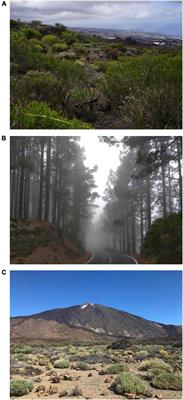EDITORIAL
Published on 11 Jan 2023
Editorial: Biodiversity across Afromontane environments
doi 10.3389/fevo.2022.1080119
- 643 views
- 1 citation
9,185
Total downloads
47k
Total views and downloads
EDITORIAL
Published on 11 Jan 2023
ORIGINAL RESEARCH
Published on 09 Jun 2022
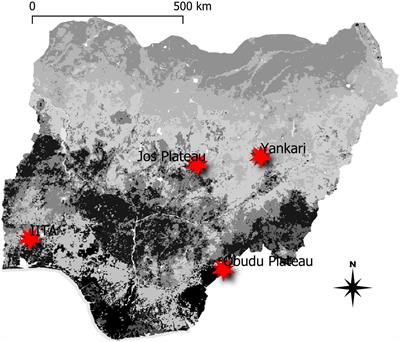
ORIGINAL RESEARCH
Published on 03 Jun 2022
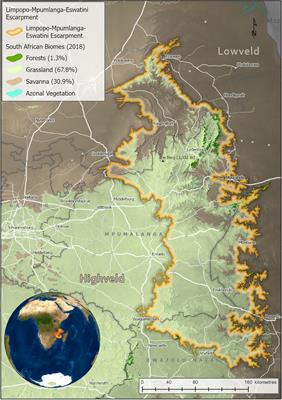
ORIGINAL RESEARCH
Published on 05 Apr 2022

ORIGINAL RESEARCH
Published on 14 Feb 2022

ORIGINAL RESEARCH
Published on 18 Jan 2022

ORIGINAL RESEARCH
Published on 18 Jan 2022
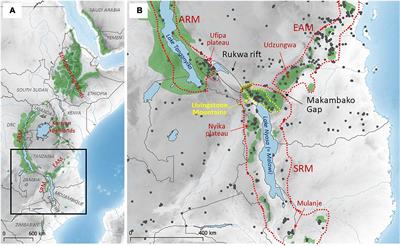
ORIGINAL RESEARCH
Published on 05 Jan 2022
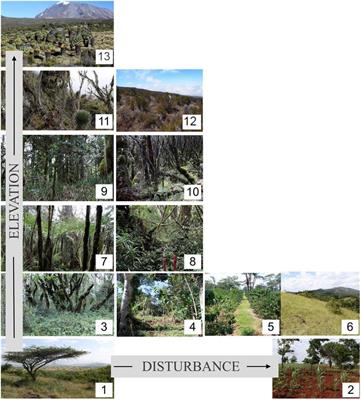
ORIGINAL RESEARCH
Published on 05 Jan 2022
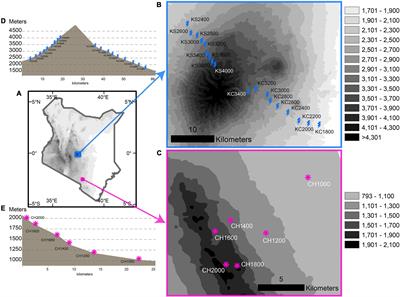
ORIGINAL RESEARCH
Published on 08 Dec 2021
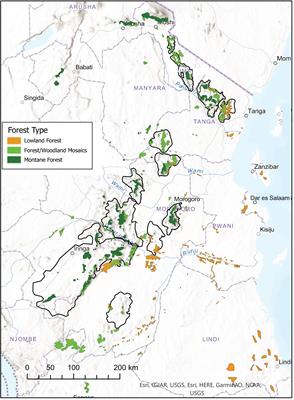
ORIGINAL RESEARCH
Published on 07 Dec 2021
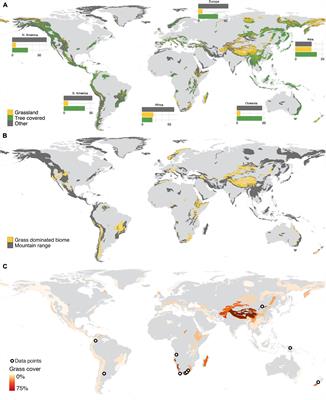
ORIGINAL RESEARCH
Published on 18 Nov 2021
